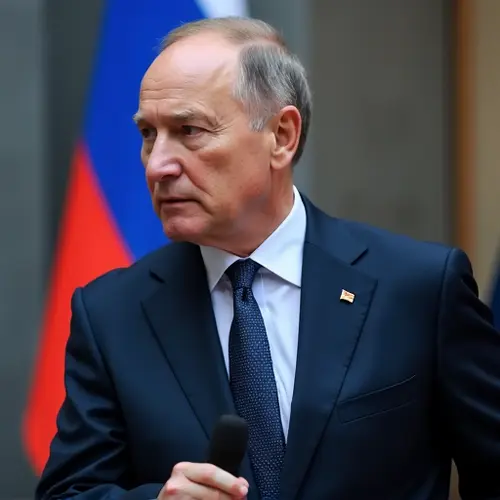
NATO Expands Cyber Defense Capabilities to Counter Hybrid Threats
New Policies and Investments to Strengthen Alliance Security
In response to the growing complexity of hybrid threats, NATO has announced a significant expansion of its cyber defense capabilities. The alliance is implementing new policies and investing in advanced technologies to protect member nations from cyberattacks, disinformation campaigns, and other asymmetric threats.
The NATO Cooperative Cyber Defence Centre of Excellence (CCD COE), based in Tallinn, Estonia, will play a pivotal role in this initiative. Established in 2008, the center has been instrumental in enhancing NATO's cyber defense interoperability and resilience. With 32 sponsoring nations and seven contributing participants, the CCD COE is a cornerstone of NATO's strategy to counter cyber threats.
Key Focus Areas
The new policies focus on several critical areas:
- Interoperability: Ensuring seamless coordination among NATO members and partners in cyber defense operations.
- Doctrine Development: Creating standardized frameworks for cyber defense strategies and responses.
- Education and Training: Expanding programs to build expertise and awareness among military and civilian personnel.
- Legal and Ethical Considerations: Addressing the legal implications of cyber warfare and ensuring compliance with international laws.
Recent Developments
Recent cyberattacks, such as those targeting critical infrastructure in member states, have underscored the urgency of these measures. NATO's 2025 defense budget includes substantial allocations for cyber defense, with $14.5 billion dedicated to cybersecurity, cyberspace operations, and research and development.
Additionally, NATO Defense Ministers have agreed on a set of new capabilities to enhance deterrence, including advanced space and cyber technologies. These efforts are part of a broader strategy to maintain NATO's technological edge in an increasingly contested digital landscape.
Global Implications
The expansion of NATO's cyber defense capabilities is not only a response to immediate threats but also a long-term investment in global security. By fostering collaboration among allies and partners, NATO aims to create a more resilient and secure digital environment for all member nations.

 Nederlands
Nederlands
 English
English
 French
French
 Deutsch
Deutsch
 Espaniol
Espaniol
 Portugese
Portugese









